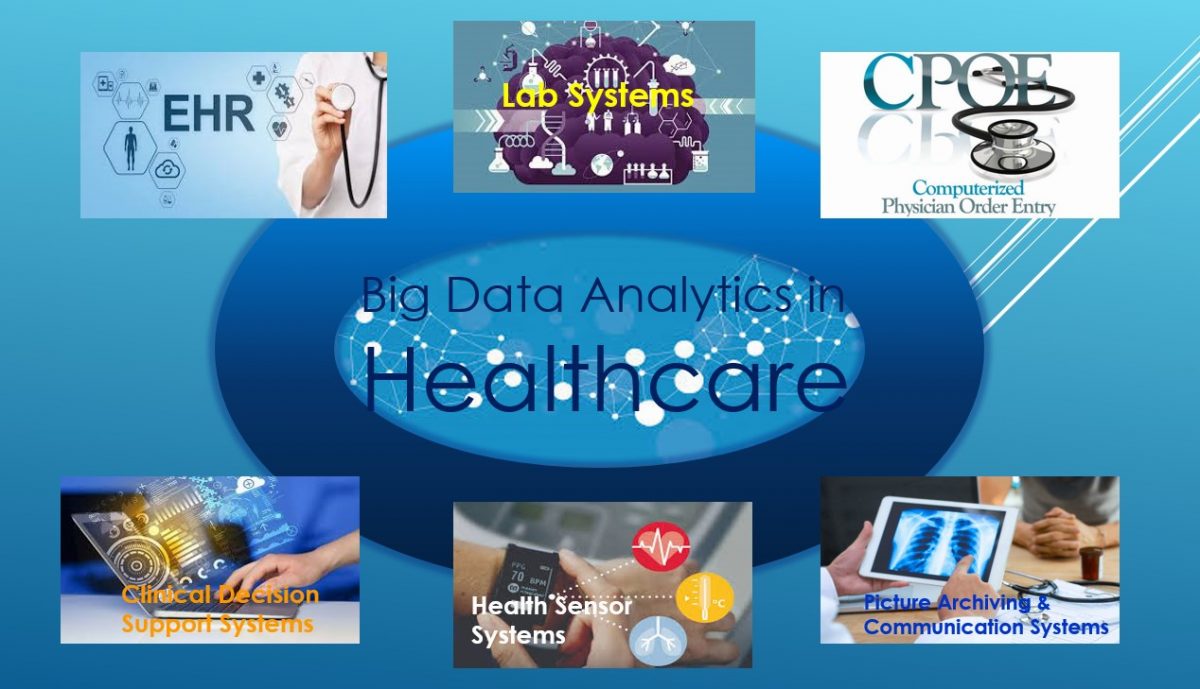General Chair
Alex MH Kuo, PhD
Professor, School of Health Information Science, University of Victoria, Canada. Chair, Special Interest Group on Big Data for Healthcare, Medicine and Biology, IEEE TCBD.
Co-Chairs
Juan C. Trujillo, PhD
Professor, Dept. Information Systems and Languages, University of Alicante, Spain.
Matteo Mantovani, PhD
Assistant Professor, Department of Computer Science, University of Verona, Italy.
Eliana Pastor, PhD
Assistant Professor, Department of Control and Computer Engineering (DAUIN), Politecnico di Torino, Italy.
Technical Program Committee
| Elizabeth Borycki | Professor | University of Victoria, Canada. |
| Andre Kushniruk | Professor | University of Victoria, Canada. |
| Alex Thomo | Professor | University of Victoria, Canada. |
| Abdul Roudsari | Professor | University of Victoria, Canada. |
| Jia-Lin Liu | Professor | West China Hospital Sichuan University, Sichuan, China. |
| Shu-Lin Wang | Associate Professor | National Taichung University of Science and Technology, Taiwan. |
| Damiano Carra | Associate Professor | Department of Computer Science, University of Verona, Italy. |
| Dillon Chrimes | Assistant Teaching Professor | University of Victoria, Canada. |
| Bakhtiar Amen | Lecturer | Computer Science Department Centre of Artificial Intelligence University of Huddersfield, UK. |
| Hashim Abu-gellban | Ph.D. | Texas Tech University, USA. |
| Flavio Giobergia | Ph.D. | Department of Control and Computer Engineering (DAUIN), Politecnico di Torino, Italy. |
| Beatrice Amico | Ph.D. | Department of Computer Science, University of Verona, Italy. |
| Marta Lovino | Post-Doc | Department of Engineering, University of Modena and Reggio Emilia, Italy. |
| Jonas Bambi | Ph.D. candidate | Vancouver Island Health Authority, BC, canada. |
